Women Directors Are Transforming the Future of Film
views
A Long Overdue Spotlight
For decades, the film industry was predominantly led by men — both on and off screen. But that dynamic is shifting. Women directors are not only making waves in the indie circuit but also commanding major studio releases and dominating international awards.
Their rise isn't just about numbers. It signals a broader movement toward diversity in storytelling and depth in cinematic perspective. From mainstream features to deeply personal narratives, women behind the camera are delivering some of the most compelling films of our time.
From Hidden Figures to Global Voices
Women have always been part of cinema — just rarely recognized. Pioneers like Alice Guy-Blaché were directing films in the early 1900s. Yet as the industry grew, women were often pushed into supporting roles.
That began to shift in the 1970s with the rise of feminist movements. Today, directors like Chloé Zhao, Greta Gerwig, Ava DuVernay, and Céline Sciamma are celebrated globally for their vision, creativity, and impact.
Their films span genres but share a common trait: authenticity. Whether it’s Zhao’s poetic realism in Nomadland or Gerwig’s modern take on Little Women, these directors bring fresh, bold perspectives that resonate across audiences.
A Female Gaze: Changing the Narrative
It’s not just about who’s behind the camera — it’s about how stories are told. Women directors often approach characters and themes with greater emotional nuance, empathy, and complexity.
They shift the lens from objectification to representation. In a landscape long dominated by the male gaze, this change is both revolutionary and refreshing. Stories about love, identity, trauma, motherhood, and ambition are being told in ways that feel more human, more layered, and more inclusive.
Festival Wins & Industry Milestones
Women directors are increasingly earning top honors at major festivals and awards ceremonies:
-
Chloé Zhao won Best Director at the Oscars for Nomadland (2021), becoming only the second woman and first woman of color to do so.
-
Greta Gerwig received widespread acclaim for Lady Bird and helped reshape Barbie as a cultural and critical success.
-
Audrey Diwan's Happening won the Golden Lion at the Venice Film Festival.
-
Jane Campion became the first woman to win Best Director at Cannes (1993) and later an Oscar for The Power of the Dog (2022).
These wins reflect more than talent — they show a growing hunger for diverse voices in film.
Challenges Persist: The Gender Gap in Hollywood
Despite progress, the numbers tell a sobering story. Women still make up less than 20% of directors in Hollywood, and those numbers drop further in big-budget projects. Pay gaps, funding barriers, and limited access to major distribution channels continue to affect female filmmakers disproportionately.
Additionally, women are significantly underrepresented in technical roles: cinematography, editing, and sound design remain largely male-dominated.
Change is happening, but not fast enough. Industry reforms, diversity initiatives, and mentorship programs are crucial to closing this gap.
The Way Forward: Structural Change and Cultural Shifts
Individual success stories are inspiring — but long-term progress depends on systemic change. Here’s what that looks like:
-
Inclusive film education that encourages girls and women from a young age
-
Funding and grant programs targeting female-led projects
-
Festival jury and selection reform to ensure gender-balanced representation
-
Studio commitments to hiring more women across all departments
Real equality comes not from tokenism, but from a sustainable rebalancing of opportunity, visibility, and respect.
FAQs
1. What challenges do women directors still face today?
Funding, unequal pay, limited access to studio projects, and underrepresentation in technical fields.
2. Who are some of the most influential women directors today?
Chloé Zhao, Ava DuVernay, Greta Gerwig, Jane Campion, and Céline Sciamma are among the most acclaimed.
3. What genres do women directors typically work in?
All genres — including drama, sci-fi, documentary, action, and more. The idea that women only direct certain types of films is outdated.

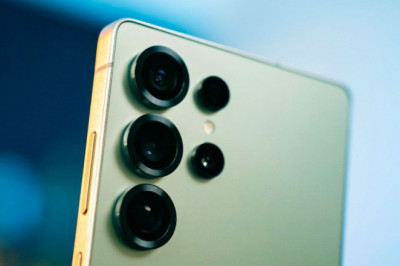
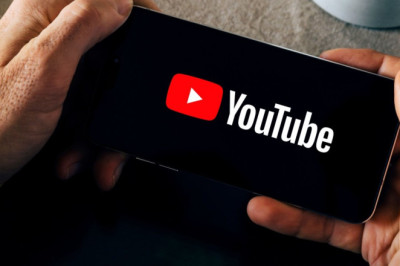


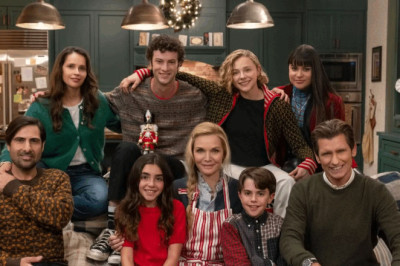
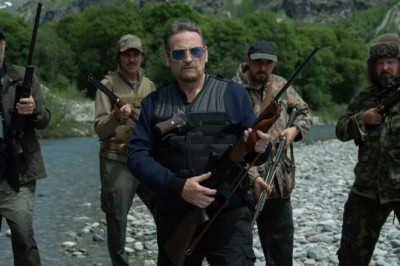
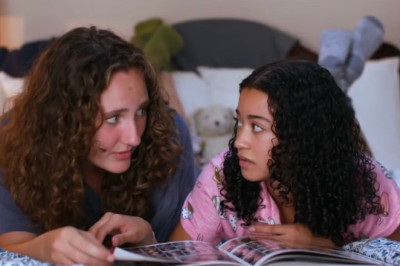
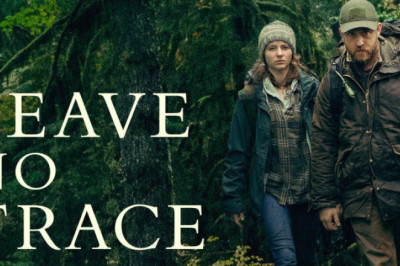
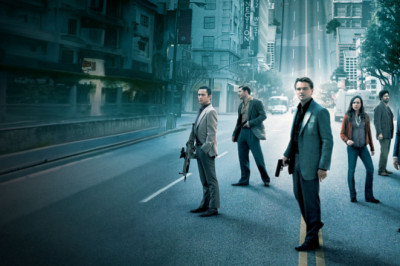

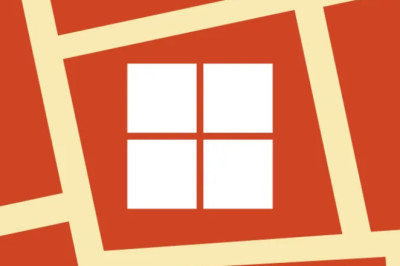

Yorumlar
0 comment